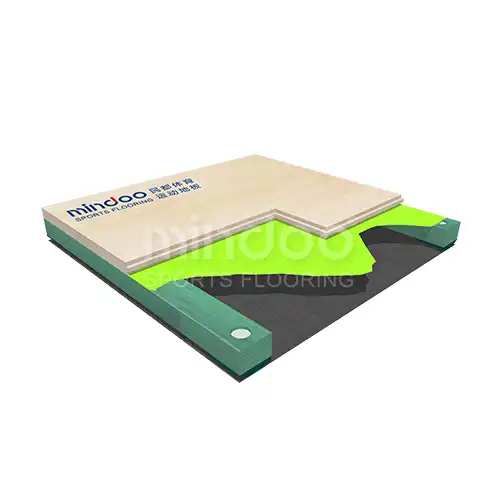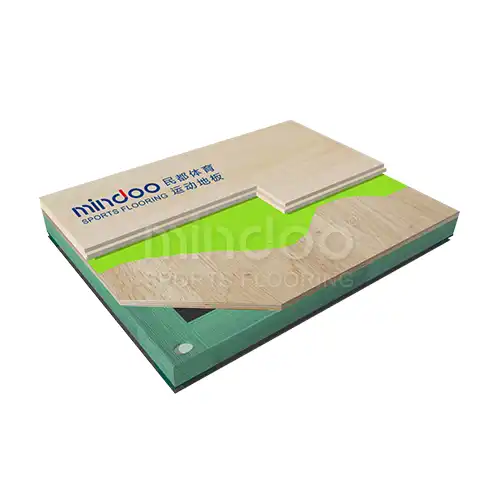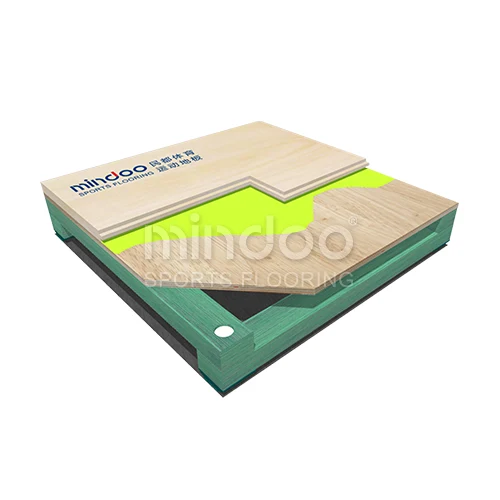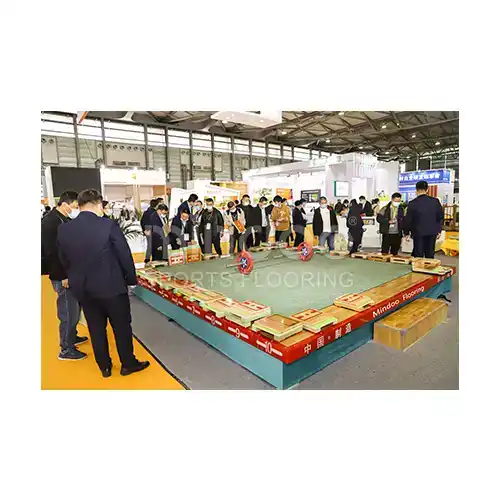Are sleepers hard or soft wood?
What is the difference between hardwood and softwood sleepers?
Sleepers are commonly used as landscaping material for various purposes. When it comes to their composition, sleepers can be made from either hardwood or softwood. The principal contrast between the two lies in their thickness and strength.
Hardwood sleepers are heavier and denser than softwood sleepers, which makes them more grounded and seriously limited. They are impervious to mileage and can be utilized to get done with jobs over overstretched timeframes. Adding a rich touch to outside spaces, the products are prominent for their normal quality and interfacing with grain plans.
Notwithstanding this, due to their weight and thickness, they are more costly and challenging to work with. They require unequivocal hardware and limits with respect to the foundation, which can assemble the general endeavor cost.
Softwood sleepers, then again, are lighter in weight and more clear to oversee and introduce. They are comparatively more reasonable than hardwood sleepers, making them a remarkable decision for thrifty finishing endeavors. Softwood sleepers are easy to cut and shape, giving you more decisions for personalization.
In any case, softwood sleepers are not so strong but rather more inclined to rot and bug harm. They require standard upkeep, like fixing and treating, to expand their life expectancy and forestall decaying. Softwood sleepers may not be appropriate for rock-solid applications or regions with a high number of people walking through.
In outline, the decision between hardwood and softwood sleepers relies upon the particular requirements and needs of the arranging project. It offers predominant sturdiness and strength, while softwood sleepers are more reasonable and adaptable with regard to plan choices.
What are the pros and cons of using hardwood vs softwood sleepers?
Hardwood Sleepers:
Pros:
-
Decay and Bug Obstruction: Because of their innate properties, the product is exceptionally impervious to spoil, rot, and bug harm. Thus, they are sensible for use in external settings where receptiveness to sogginess and unsettling influences is a concern.
-
Durability: It is a major area of strength for more softwood sleepers in view of their thick and extreme nature. Indeed, even after a ton of purpose and conveying weighty burdens, they don't separate so much.
-
Stylish Allure: It frequently includes delightful grain examples and regular tones, adding a bit of style to any scene plan.
Cons:
-
Greater expense: It by and large accompanies a more exorbitant cost tag contrasted with softwood sleepers. The expense of the actual material, as well as the specific gear and abilities expected for the establishment, can expand the general venture costs.
-
Heavier Weight: The thickness of hardwood sleepers makes them heavier, which can present difficulties during transportation and establishment. It might require more labor supply or concentrated gear to accurately deal with and position them.
Softwood Sleepers:
Pros:
-
Affordability: Softwood sleepers are commonly more spending plan amicable contrasted with the product. This settles on them a well-known decision for projects with restricted monetary assets.
-
Lightweight: Softwood sleepers are lighter in weight, which makes them simpler to deal with and move during establishment. This can diminish work and hardware costs.
Cons:
-
Decay and Bug Weakness: Softwood sleepers are more helpless to spoil, rot, and bug pervasion contrasted with the product. Standard support, like fixing and treatment, is important to shield them from these issues and broaden their life expectancy.
-
Less robustness: Softwood sleepers probably won't keep going as long as the product, particularly where there is a great deal of traffic or where there is a ton of purpose. They are more inclined to harm and may require substitution or fixes sooner than hardwood choices.
In synopsis, it offers better obstruction than decay and bugs, expanded strength, and an alluring regular style. Notwithstanding, they come at a greater expense and are heavier to deal with. Softwood sleepers are more reasonable, lightweight, and proposition plan adaptability, yet require customary upkeep and may not be as sturdy. The decision between the two relies upon the particular necessities and needs of the finishing project.
In what cases might you choose softwood over hardwood sleepers?
Softwood sleepers might be liked over the product in the accompanying extra conditions:
1. Brief Applications: On the off chance that the finishing project requires the utilization of sleepers for a brief period, for example, for an occasion or occasional establishment, softwood sleepers can give a practical arrangement. Since they are more reasonable than hardwood sleepers, they can be effectively supplanted or discarded after use.
2. Enriching Purposes: Softwood sleepers can be utilized as an embellishing component in finishing projects, for example, making raised garden beds or pathways. They are not difficult to oversee and present since they can be cut and outlined into different sizes and shapes to meet the arrangement's prerequisites.
3. Customization: Softwood sleepers are simpler to change, making them a reasonable decision if the task requires successive modifications or customization. They can be effortlessly cut and molded with essential apparatuses, considering greater adaptability in plan.
4. Spending plan Limitations: Softwood sleepers are more sensible than the product if all else fails. On the off chance that cost is an immense thought, softwood sleepers might be the best choice to remain inside the endeavor's spending plan limitations.
5. Tasteful Inclination: Softwood sleepers come in various tones and get done with, settling on them a reasonable decision on the off chance that the undertaking requires a particular tasteful. For instance, if a natural or endured look is wanted, softwood sleepers might be a superior fit.
In rundown, while the product offers better toughness and obstruction than decay and bugs, softwood sleepers can give a spending plan well-disposed answer for transitory or beautifying applications that require regular customization. The decision between the two eventually relies upon the particular necessities and needs of the arranging project.
On the off chance that you really want any help or have further inquiries concerning hardwood sleepers, kindly go ahead and reach us at sales@mindoofloor.com. We are an expert provider of great products and are focused on offering magnificent support to our clients.





